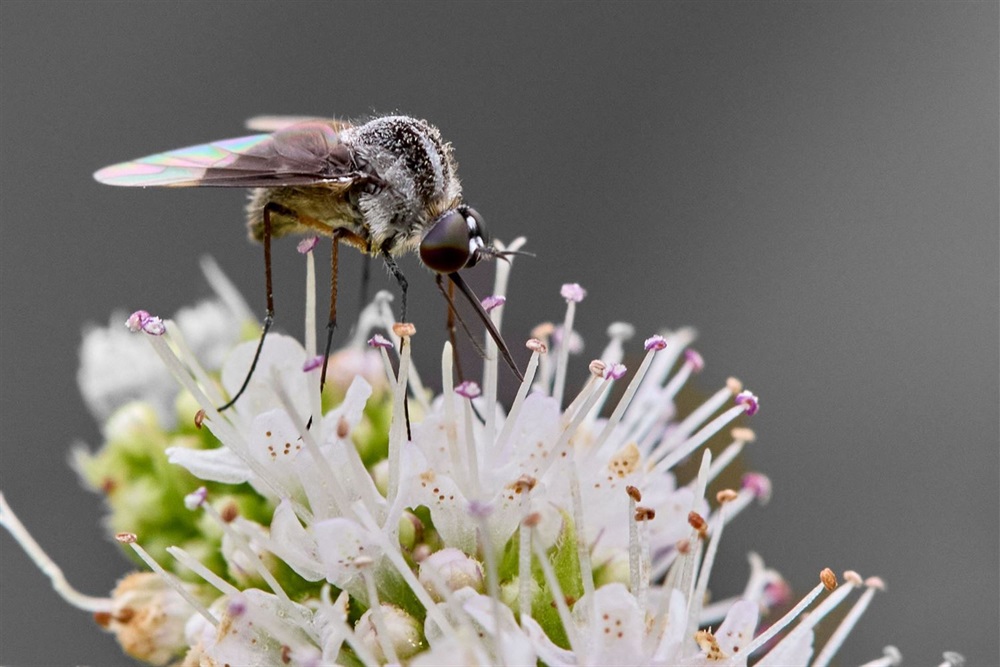The Strategy recognises that biodiversity is a vital asset for current and future generations and supports our community through the provision of clean air, reduced urban heat and improved health and wellbeing.

Mosquito populations can sometimes become overabundant and spill into urban areas. We need your help to control them:
- Empty containers: Remove stagnant water from all containers, big or small. Keep outdoor water clean and moving.
- Clean yards: Prevent small pools of water by keeping your yards tidy.
To avoid attracting mosquitoes:
- Flowering plants: Keep them away from house entrances.
- Lights: Avoid leaving lights on near entrances at night.
- Bug zappers: These are often ineffective against mosquitoes and kill other important insects.
For outings, use insect repellent and wear long sleeves. Other deterrents include:
- Smoke coils: Sandalwood or lemongrass incense works well.
- Citronella candles: Effective in repelling mosquitoes.
- Repellent plants: Plant citronella, lemongrass, lavender, or scented geraniums.
If bitten, use hand sanitizer to disinfect and cool the area, apply ice packs, and use antihistamine creams. Seek medical help if swelling persists or in case of anaphylaxis.
Council recognises the role of mosquitoes in the ecosystem. Mosquitoes are vital as prey for many species, feeding small aquatic creatures as larvae and birds, lizards, and bats as adults. They are also pollinators, helping flowers and plants to reproduce.
Why we don’t spray pesticides for mosquito control
Fairfield City Council does not spray pesticides to control mosquitoes due to the possible harmful effects of these chemicals. Here are the main reasons:
- Environmental impact: Pesticides can harm non-target species, reducing biodiversity and affecting the ecosystem’s health.
- Ecological disruption: Pesticides can kill pollinators like bees and butterflies, disrupting ecological cycles and causing cascading effects on other species.
- Bioaccumulation: Pesticides can accumulate in the food web, harming predators that consume contaminated prey.
- Resistance: Mosquitoes can develop resistance to pesticides, requiring stronger chemicals, which can further harm the environment and human health.